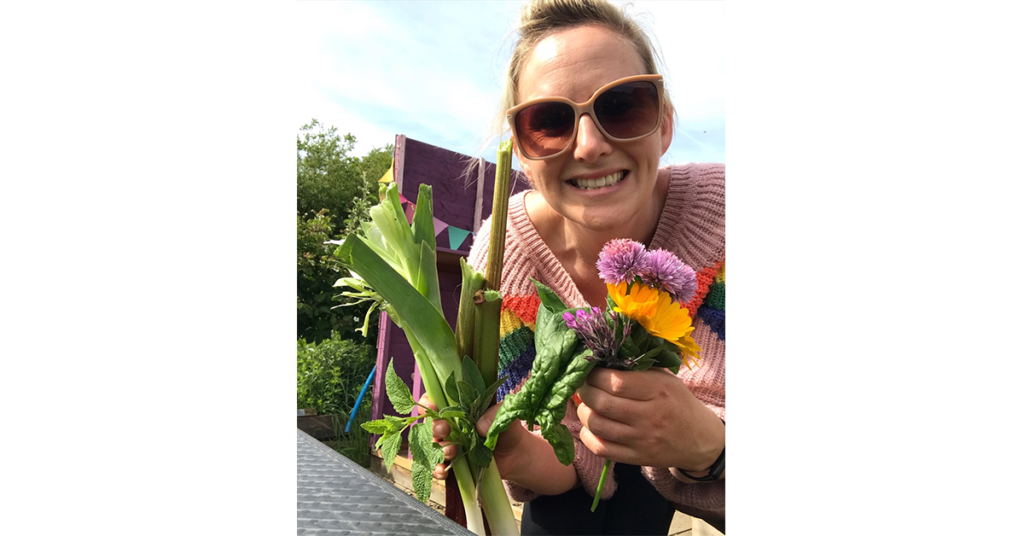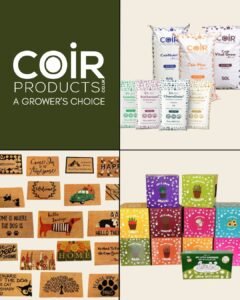
From plastics to purpose: choose greener with CoirProducts this July
It starts small. A plastic bag picked up on the way home. A plastic pot that seemed too convenient to resist. A bit of clingfilm,

CoirProducts Grower of the Month for August is Laura (@ourorganicallotment). Laura’s love for gardening came from spending time in her grandad’s greenhouse, especially seeing the tomatoes he has grown. Having got their own allotment in 2018, Laura loves gardening with her two children. In this blog post, Laura talks about what she loves to grow, what it means to garden with children, and what she enjoys the most about gardening. Read on to find out all about Laura’s gardening journey.
How and when did you start gardening/growing?
One of my best childhood memories was being allowed to go into my grandad’s greenhouse to see his tomatoes. If I was lucky I was even allowed to eat some. He has always grown great tomatoes, and I think that the memory of the smell of them was what first got me wanting to grow my own. Even before we had our own garden, my husband and I would grow chillies on our window sills, and later beans and courgettes in pots and grow bags in our small garden.
When we purchased our first house the ground was awful. It was a new build with a shallow layer of soil before hitting concrete. The more we dug up the more we discovered builder’s treasure; rubble, stones and even crisp bags and a sandwich packet – where a lazy builder must have buried them after his lunch. We quickly replenished the soil and added some ‘bare root’ fruit trees (which we were quite sure would die). They didn’t, and now our little corner of our new build estate has two apple trees, a pear tree and a range of seasonal fruits.

It starts small. A plastic bag picked up on the way home. A plastic pot that seemed too convenient to resist. A bit of clingfilm,

Because not all coir is created equal — and growers deserve better. For most, a coir brick looks simple. But for gardeners and growers, it’s













2025 © All rights reserved | Company number: 09536057













2025 © All rights reserved | Company number: 09536057